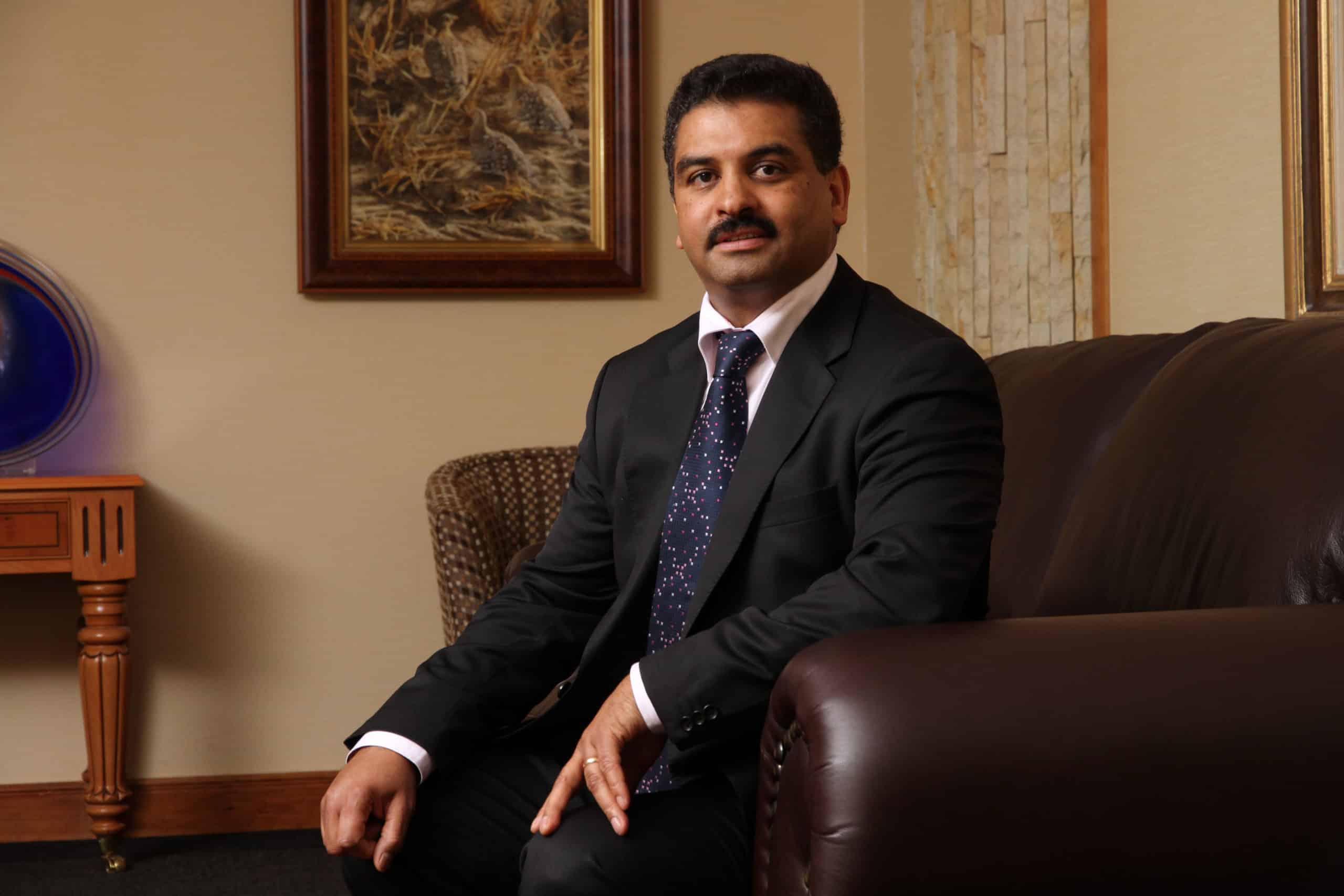Amidst growing speculation of his presidential ambitions, businessman and former activist Roger Jardine has unveiled his political platform, Change Starts Now, in Johannesburg, signaling a new chapter in his career and a potential shift in the country’s political dynamics.
The South African political landscape is undergoing a significant shift with the introduction of Change Starts Now, a new political platform launched by businessman Roger Jardine, also the former Chairman of financial services provider FirstRand. This initiative emerges at a time when the country grapples with critical issues such as loadshedding, rampant youth unemployment, and the need for substantial societal and anti-corruption reforms.
At the heart of Jardine’s message during the party’s launch in Riverlea yesterday, his hometown south of Johannesburg, is a critique of the African National Congress (ANC). His departure from the ANC, a movement deeply rooted in his family’s history, signifies a broader sentiment of dissatisfaction and the need for change in governance. Jardine’s call to action, particularly aimed at the youth, emphasizes the urgency of addressing these national challenges. “We can disagree on many things, but we can agree that we cannot continue like this,” he stated at the launch, capturing the mood of a nation yearning for transformation.
“The emergence of so many new parties is a clear testimony to the shifting political consciousness in South Africa and the waning grip of the ANC,” says political scientist and analyst Susan Booysen, director of research at the Mapungubwe Institute for Strategic Reflection (MISTRA), emeritus professor at the University of the Witwatersrand, to FORBES AFRICA. “Yet, despite this proliferation, these parties often struggle to gain serious traction, highlighting the complex dynamics of our political landscape.”
The launch of new political parties in opposition to the ANC has traditionally not been successful, with the party fiercely working to dissuade new rivals – with only the Economic Freedom Fighters (EFF) having seen a significant rise since the ANC’s ascendance.
Loading...
Jardine’s Change Starts Now joins a growing list of new political entities, such as RISE Mzansi, and Build One South Africa (BOSA), spearheaded by former Democratic Alliance leader Mmusi Maimane. These emerging movements are a response to a public increasingly disillusioned with the ANC’s handling of crucial issues like the energy crisis, economic stagnation, and perceived systemic corruption. However, the fragmentation among these new opposition parties raises questions about their collective impact on the political landscape and their ability to present a cohesive alternative.
According to Booysen, many who might have perhaps voted differently in the last election still voted for the ANC as they had high hopes for President Cyril Ramaphosa, and his inability to resolve the challenges South Africa faces is in large part what has allowed smaller parties to bloom.
“Ramaphosa brought a fresh sense of legitimacy to the ANC; the expected turnaround has been disappointingly slow and fraught with compromise,” observes Booysen. “This sluggish progress suggests that South Africa might be on the cusp of a new, transformative political phase.”
In addition to addressing national issues, Jardine’s movement focuses on rebuilding trust in political leadership. His experience as a former chairperson of one of South Africa’s leading financial institutions, FirstRand, adds a unique dimension to his political journey. This background in business and finance could offer a different approach to tackling economic challenges and fostering growth, particularly in areas like youth employment and entrepreneurship.
“Roger Jardine’s approach is intriguing – he’s not just creating another political party; he’s cultivating a movement grounded in listening to the people and shaping policy through participation,” says Booysen. “This strategy represents a significant departure from traditional political paradigms and could be pivotal in reshaping our political discourse.”
Change Starts Now seeks to galvanize support by promising a more inclusive and representative form of governance. Jardine’s emphasis on forming “the most diverse coalition in history” is his commitment to bringing together various segments of society, including those traditionally marginalized in political discourse.
As South Africa approaches the 2024 general elections, the role of new political parties will be pivotal in shaping the nation’s future. Their ability to address pressing issues faced by the country and to resonate with a populace seeking change will be critical.
The coming months will be a test of their influence, vision, and capacity to challenge the established political order, particularly as the country fast approaches the first general elections since 1994 where the ruling ANC risks losing its majority for the first time since the country became a democracy.
Jardine’s entry into the political arena represents a significant moment in South African politics, however, he will be pressed to demonstrate his legitimacy and charisma to not just business and the political class of the country, but the people as a whole should he wish to play a significant role.
“The key to breaking the ANC’s longstanding hold on society lies not merely in appealing to the business sector but in connecting genuinely with the people themselves. It’s about bringing that magical element of leadership that resonates at the grassroots level,” says Booysen. “Without this, we risk returning to a status quo with the ANC at the helm of a weakened state.”
Loading...
